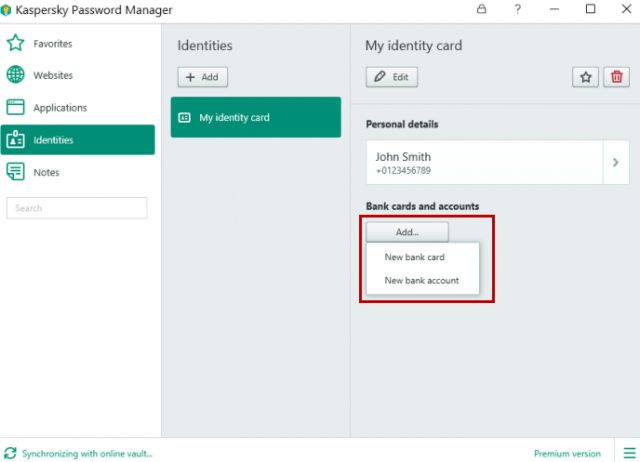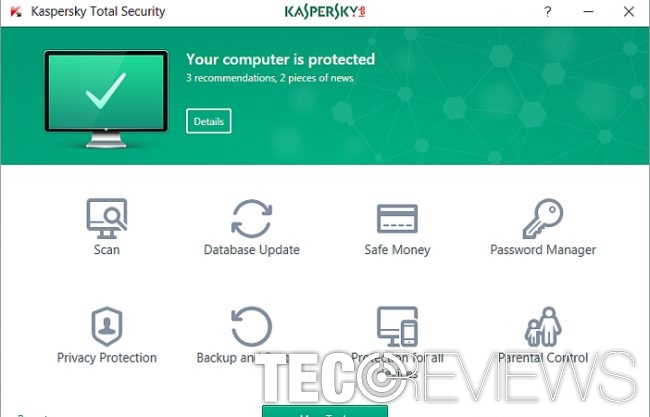
** The Kaspersky Safe Kids service, the Kaspersky Password Manager service is available for systems with Intel® processor only. Owing to restrictions with the operating system for iOS devices, it’s not possible to block children’s iPhones & iPads web control is only available via browsing through the Kaspersky Safe Kids app, and for app management, it's only possible to apply age-appropriate limitations. This also undermines another product, Kaspersky Password Manager (KPM).* Full functionality is available for PCs, Mac computers and Android phones & tablets. There have been a few mentions in some websites but nowhere near to the fuss I would expect from the encryption being effectively broken. Any thoughts as to why it got installed and if it's used anywhere?Īside from the above, the fact that a Google search didn't shed much light into the 56bit AES situation strikes me as odd.

Moreover, even though I have the KIS version, which doesn't have Data Vaults, I found out the Kaspersky Labs Cryptographic Module (56bit) in my Program Files folder. With 56bits of security, it is well under the current state-of-art feasible limit and easily brute-forceable! Why would Kaspersky implement a feature that is by design weak? I understand that there exist cryptographic export regulations etc., but the KST Data Vaults are weak in ALL versions, not just versions that are to be distributed to restricted regions.

I would like to know if someone has any information about the supposedly data protection feature f Data Vaults. 56 random bits fed to some KDF or SHA256 to stretch it). Obviously AES is defined for 256bits but somehow the entropy going into the key is reduced (e.g. One of the "extras" of KTS is the added "feature" of "Data Vaults", which "encrypts with AES256 with an effective key-length of 56bits".

While comparing Kaspersky Total Security (KST) with Kaspersky Internet Security (KIS).


 0 kommentar(er)
0 kommentar(er)
